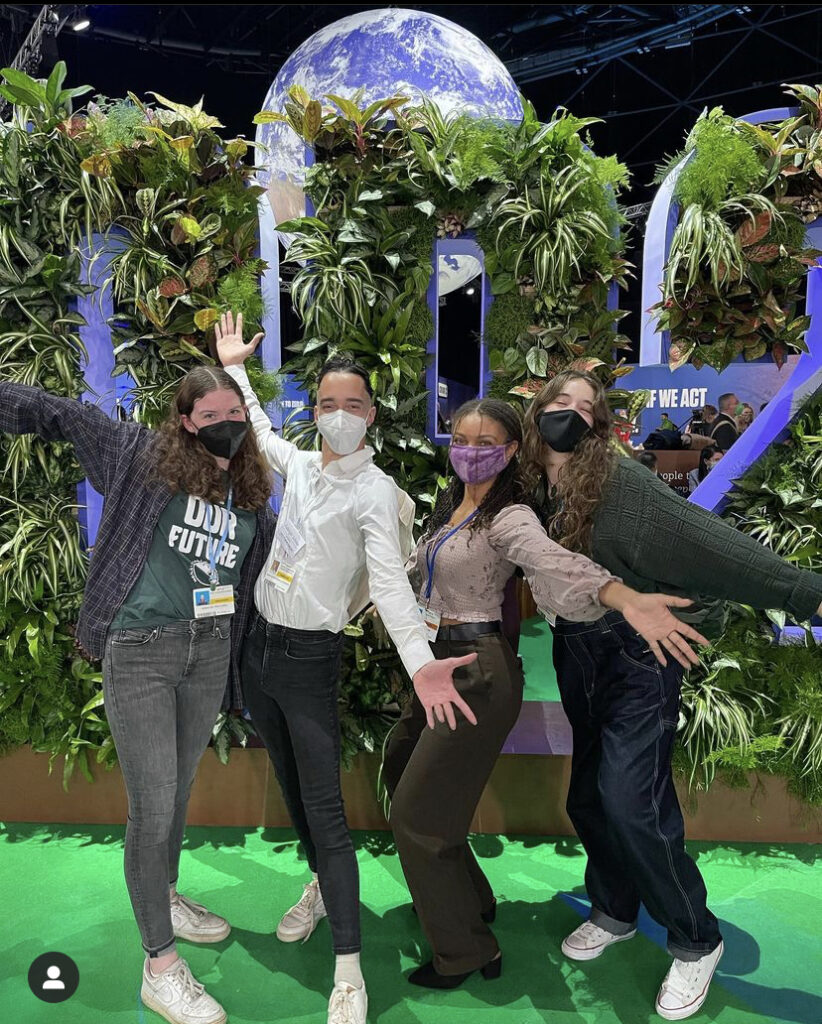
My day 3 began with a visit to a Pavillion on Nuclear Energy. When we reached the pavilion, a woman offered us a banana. Soon after, she informed us that consuming one banana exposes you to the same amount of radiation as living next to a nuclear power plant for an entire year. In addition, she explained to us the storage efficiency of nuclear power as one uranium capsule (about the size of a gummy bear) could power an electric car for 20,000 miles. Nuclear power also has an extremely low carbon footprint (similar to wind power and less than solar). One of my youth colleagues raised a concern about the cost of installing nuclear power plants and how they are vastly inaccessible. The woman explained that there has been considerable progress towards lowering the cost of nuclear power, especially as smaller, module power plants are being developed. I am still unsure about my personal position on nuclear, but my time at the pavilion was very insightful.
After leaving the Pavilion, I headed to a press conference with a panel of experts from the WWF. The panelists emphasized the importance of the new 120+ country agreement to reverse deforestation by 2030. Nevertheless, they also stressed how this agreement must be backed by adequate financing, urgent action, detailed and binding programs for action, and methods of holding nations accountable for the goals they set. The panelists explained how the goal of 1.5 cannot be achieved without including wildlife preservation solutions as forests alone remove 52% of our greenhouse gas emissions each year. In addition, there is only about $140 billion US dollars set aside for wildlife conservation while $700 billion would be needed to reach 1.5. Overall, the panelists made it clear that indigineous and local communities need to be at the forefront of any discussions on reforestation as they are the people most directly affected by the inaction or action of governments.
Next, I headed to a Panel on Managing Climate Risk which was moderated by Alok Sharma, the president of COP26. The first panelist to speak was Walton Webson, an Ambassador to the United Nations from Antigua & Barbada. As someone from one of the areas most affected by climate change, he made a strong call to action for world leaders. He explained that so far we have been inching our way forward, but in order to create real change, we need to take a quantum leap. After his passionate speech, the representative from Germany announced that Germany will increase its financing for climate change issues from 4 billion Euros to 6 billion Euros.
I finished my day by attending a panel called Youth Voices for Climate Justice: Climactivists from the world rewriting COP26’s agenda. During this panel, youth leaders from across the world made their demands and calls to action by world leaders in a way that ensures everyone, especially those who are most vulnerable, have a say at the most important tables of debate and decision making.
-Sophie
